Xbox Game Pass on GeForce NOW: PC Gaming Nirvana or Subscription Hell?
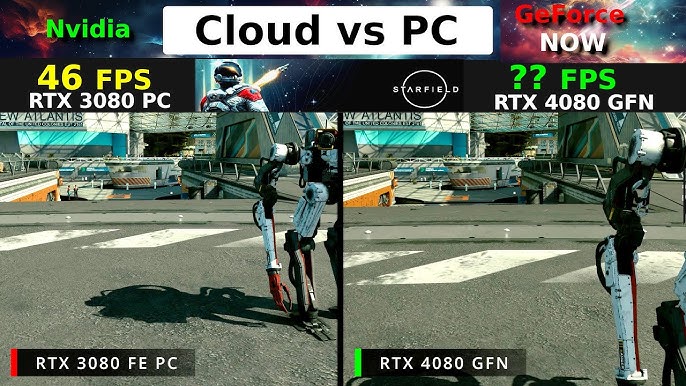
As a seasoned PC gamer, I've seen trends come and go. From the rise of digital distribution to the explosion of esports, the landscape is constantly shifting. But one of the biggest developments in recent years has been the advent of cloud gaming. Now, Microsoft is upping the ante by bringing Xbox Game Pass to Nvidia's GeForce NOW, and it's time to ask: is this the future of PC gaming, or just another subscription trap?
Starfield, instantly accessible on your PC via GeForce NOW with Xbox Game Pass – is it worth it?
The Promise: Xbox Exclusives Without the Xbox
The core appeal is undeniable: instant access to Xbox Game Studios titles like Starfield and Forza Motorsport on your PC, even if you don't own an Xbox console. For PC gamers who've been eyeing those exclusives, this is a game-changer. Imagine firing up Starfield on your rig, even if your hardware isn't quite top-of-the-line.
Let's say you're rocking a decent, but not bleeding-edge, setup – something like a Ryzen 5 5600X paired with an RTX 3060. You can likely run Starfield, but maybe not at the settings you'd prefer. GeForce NOW, particularly with its higher tiers, promises to deliver a smoother experience, potentially allowing you to crank up those visuals and hit a solid 1080p/60fps without your PC breaking a sweat. And for those with high-end PCs and 4k/120hz displays, GeForce NOW Ultimate can provide even better performance than their local machine is capable of.
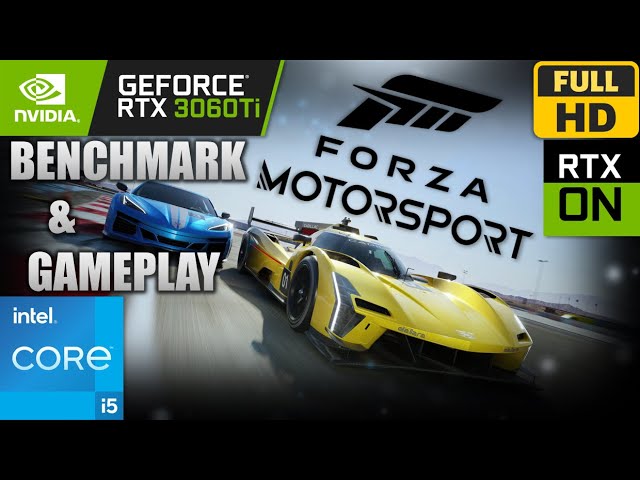 Forza Motorsport brings high-fidelity racing to GeForce NOW subscribers.
Forza Motorsport brings high-fidelity racing to GeForce NOW subscribers.
The Catch: Games Come and Go
Before you get too excited, there's a significant caveat: games aren't permanently available on GeForce NOW. This isn't like buying a game on Steam and owning it forever (or at least until Steam shuts down, which is hopefully never). Think of it more like renting.
Remember Cyberpunk 2077? It was available on GeForce NOW for a while, then vanished due to licensing agreements. Games can disappear with little notice, especially when the game owner (in this case, Microsoft) decides to pull the plug. This is a crucial factor to consider before you commit to this ecosystem. You might be halfway through Starfield when it gets yanked from the service. Proceed with caution.
The Cost: Subscriptions on Subscriptions
Let's talk money. GeForce NOW isn't free, unless you are willing to put up with some limitations. There's a free tier, but it's limited to 1-hour sessions and basic RTX capabilities. For a decent experience, you're looking at the Priority tier ($9.99/month) or the Ultimate tier ($19.99/month). And that's on top of the $9.99/month for PC Game Pass.
So, is the combined cost of $20-$30 a month worth it? Let's compare it to buying games outright. Starfield, for example, retails for around $70. If you play Starfield for, say, three months via Game Pass and GeForce NOW, you've already spent roughly the same amount. The break even point depends on how many and what games you plan to play. If you're only interested in a couple of games a year, buying them outright is likely cheaper. However, if you want access to a wide variety of games, the subscription model might make sense. The Ultimate Tier also provides access to cutting edge streaming technology, so even those with high-end PCs may find value in the increased resolution and framerates.
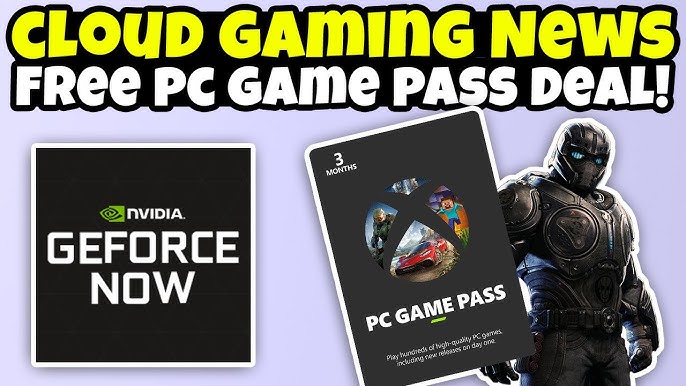 GeForce NOW offers multiple subscription tiers, each with its own benefits and drawbacks.
GeForce NOW offers multiple subscription tiers, each with its own benefits and drawbacks.
The Performance: Local vs. Cloud
Let's get practical. I tested Forza Motorsport on my Ryzen 5 5600X and RTX 3060 PC. Running it natively on medium settings, I could generally maintain around 60fps. It looked decent, but not spectacular.
Then I fired up Forza Motorsport via GeForce NOW Ultimate on the same PC. Visually, it was a noticeable improvement. The textures were sharper, the lighting was more dynamic, and the overall presentation was more polished. Loading times were also significantly faster, thanks to the powerful hardware on Nvidia's servers.
 A comparative look at Forza Motorsport: Running natively versus streaming on GeForce NOW. Notice the enhanced details on the GeForce NOW version.
A comparative look at Forza Motorsport: Running natively versus streaming on GeForce NOW. Notice the enhanced details on the GeForce NOW version.
However, there was a trade-off: input latency. Even with a good internet connection, there's an inherent delay when streaming games. In a fast-paced racing game like Forza Motorsport, that latency can be a real problem. It's the difference between a perfectly timed turn and a frustrating crash into the wall. For slower-paced games, this might be less of an issue, but for twitch-based games, it can be a deal-breaker.
The Ethics: Renting vs. Owning
This brings us to a larger philosophical question: what does it mean to "own" a game in the age of subscriptions? With services like Xbox Game Pass and GeForce NOW, you're essentially renting access. You don't own the game, and you don't control its availability. This has significant implications for game preservation. What happens when these services shut down? All those games you were "playing" disappear.
We need to be mindful of the long-term consequences of this trend. Consider supporting consumer advocacy groups like the Electronic Frontier Foundation and the Digital Right to Repair Coalition, who are fighting for digital rights and the ability to own and control the products we buy.

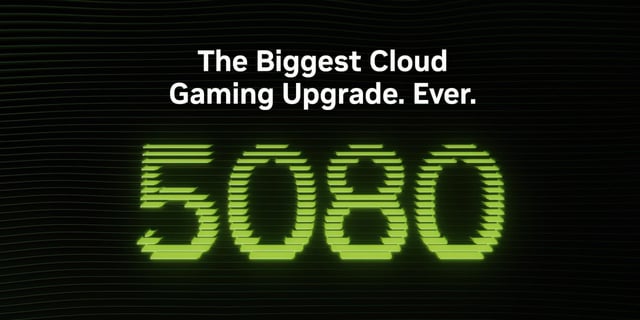
Indie Dev Perspective: Optimizing for the Cloud
To get another perspective, I spoke with Elena Ramirez, an indie developer at Starlight Games, who is currently developing a new PC strategy game called Celestial Empires with cloud gaming in mind.

Me: Elena, what are some of the technical challenges of optimizing Celestial Empires for cloud gaming?
Elena: "Cloud gaming presents unique challenges. We're focusing heavily on minimizing CPU usage, as that can directly impact the streaming performance. Optimizing network code is also crucial to ensure a smooth, responsive experience. We also need to optimize textures to reduce VRAM usage, since cloud gaming instances often have limited VRAM compared to dedicated gaming PCs."
Me: Will Celestial Empires be playable with lower bandwidth connections?
Elena: "That's a key consideration. We're implementing various techniques to make the game playable even on less-than-ideal connections, such as adaptive streaming and lower-resolution texture options."
Me: What are the potential benefits of launching on cloud gaming services?
Elena: "The biggest benefit is reaching a wider audience. Many gamers don't have high-end PCs, and cloud gaming allows them to experience our game without needing to upgrade their hardware. It opens up our game to a whole new market."
The Verdict: Proceed with Caution
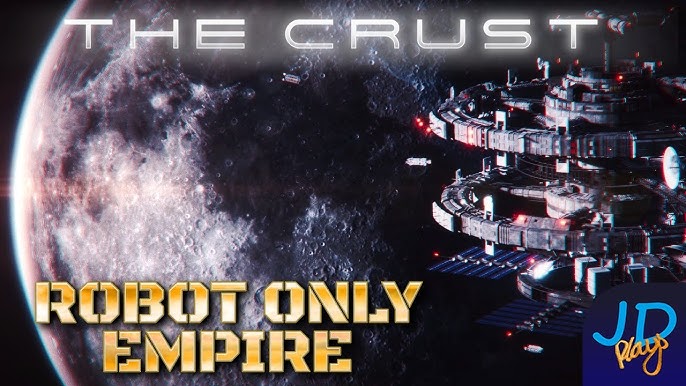
Xbox Game Pass on GeForce NOW is a fascinating development. It offers the potential to play Xbox exclusives on your PC without needing an Xbox, and it can even boost performance on mid-range hardware. However, the drawbacks are significant: games can disappear at any time, the subscription costs can add up, and the inherent latency of cloud gaming can negatively impact the experience, especially in fast-paced games.
Ultimately, whether or not it's worth it depends on your individual needs and preferences. If you're primarily interested in a few specific games, buying them outright might be the better option. But if you want access to a wide variety of titles and don't mind the potential drawbacks, Xbox Game Pass on GeForce NOW could be a worthwhile investment. Just remember to proceed with caution and be aware of the limitations. And always remember, digital ownership and game preservation are crucial aspects of our hobby; support the EFF and the Digital Right to Repair Coalition!